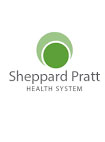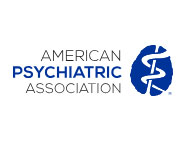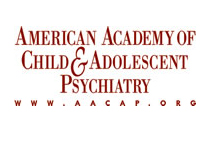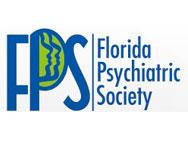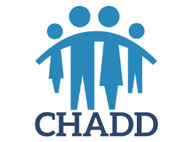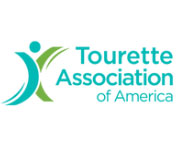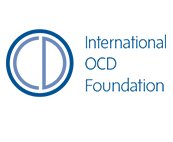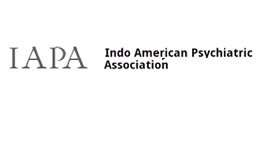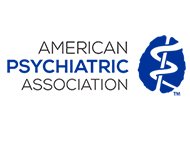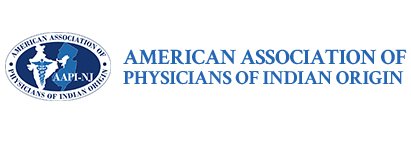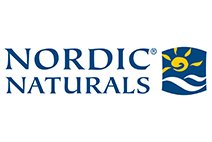Nutrition
Nutrition is the intake of food based on the body’s requirements. A good nutrition comprises of an adequate, well balanced diet and is important for good health. Poor nutrition leads to increased susceptibility to diseases as a result of weakened immune system and retarded physical and mental development in children.
Children who have unhealthy eating habits make an unhealthy choice of food in their adult life. Hence proper nutrition helps to cultivate good eating habits which contribute your child to lead a healthy life. Your child’s nutrition plan should usually include three meals a day, two nutritious snacks, fruits, vegetables, low-fat and low sugar foods, lean meat, and dairy products such as milk, cheese or yogurt. A healthy, balanced diet keeps children physically active and prevents children from getting diabetes, weak bones, and overweight.
There are a few nutrition guidelines to keep your child include:
- Make sure your child has enough breakfast as it provides the energy needed to listen and learn in school
- Give your child a variety of foods, such as vegetables, fruits, cereals, low-fat dairy products, and lean meat or beans
- Give your child five servings of fruits and vegetables each day
- Cook food with less fat-bake or steam foods to avoid frying
- Restrict lot of added sugar and foods high in salt
- Give foods which are rich in iron and calcium that helps your child’s growth
- Do not encourage your child to have junk food
- Consider adding vitamins and supplements such as omega 3, zinc and magnesium
If your child does not consume sufficient food or the diet lacks certain nutrients it may lead to nutrition disorders. In some cases, nutrition disorders may also be caused by inability of the body to absorb nutrients or even by excessive consumption of certain foods. For example, obesity is caused by intake of excess food, anemia by insufficient intake of iron, impaired vision caused by deficiency of vitamin A. Such disorders affect the growth and development and your child will be sensitive to infections and chronic diseases.
Of high importance to brain function are the two essential fatty acids found in fish oil, linoleic (or omega-6) and alpha linolenic (or omega-3). Western diets often contain too many omega-6 fatty acids and too few of the the omega-3’s, which are found in coldwater fish (primarily salmon and tuna), soybeans, walnuts, wheat germ, pumpkin seeds, and eggs. Flaxseed and canola oils are good sources of omega-3’s. Norweigan Naturals is a company that provides a plenitude of omega/vitamins/dha and epa products that can aid in neurological function. Children with ADHD of note have found to have better performance in a diet rich in omega 3 along with potential supplements. You may ask doctor more details of suggestions to aid your diet.
Dr.Kothari is amazing! She has been my doctor for years...
I have been a patient of Dr. Kothari for over three years. She has invested her heart...
Dr. Kothari has been seeing my sons for seven years. She is a wonderful resource...
Dr. Kothari is very caring. Appointments and waiting times are great...
When we started seeing Dr. Kothari, my son was dealing with a great...
Dr. Kothari has saved my life, this I can say without reservation...

 Patient Forms
Patient Forms Videos
Videos Location
Location

